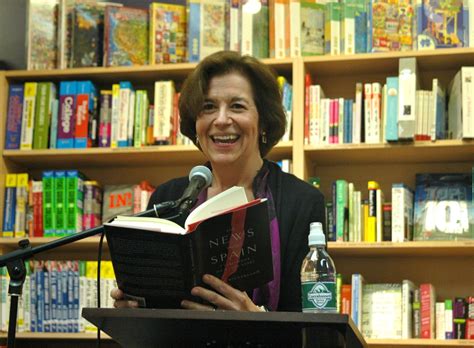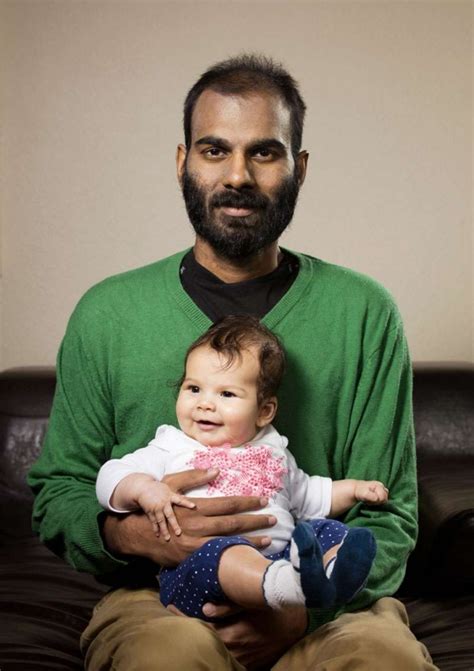A Quote by Arthur Caplan
With terminal illness, your fate is sealed. Morally, we're more comfortable with a situation where you don't cause death, but you hasten it. We think that's a bright line. Comparing the U.S. with Switzerland, where assisted suicide is legal for patients suffering 'intolerable health problems.'
Related Quotes
Number one, we have to talk about mental illnesses. Number two, you can actually address things from a purer and honest direct line to what's been going on in your life and how you've been feeling and why you think the way you think. I do think there is a genetic predisposition for mental illness, for depression, for suicide, but I also think that lifestyle can change things. If you're an addict, if you drink and you're putting a depressant into your body, it's going to cause serious problems.
[On suicide:] It's the only cause of death that can be used as a noun to describe the dead person. If you die of cancer you are not called 'a cancer.' If someone else shoots you, you are not referred to as 'a murder.' But if you shoot yourself, you are labeled as a suicide. Your death becomes your definition.
I'm not a fan of the death penalty. At some level I think killing is wrong, but I don't have sympathy for most of the people sentenced - I'm not a passionate anti-death penalty person. In truth, given all the other problems of the justice system, the numbers are so small, I think there are bigger fish to fry. Ironically, in terms of mental health and care, death row is probably the best prison situation to be in. There's a little more public eye on that, to ensure at least minimal levels of official treatment are actually given to death row prisoners.
Wake up! If you knew for certain you had a terminal illness--if you had little time left to live--you would waste precious little of it! Well, I'm telling you...you do have a terminal illness: It's called birth. You don't have more than a few years left. No one does! So be happy now, without reason--or you will never be at all.
What's important is that people give the kinds of reasons that can be understood and appraised apart from their particular comprehensive doctrines: for example, that they argue against physician-assisted suicide not just by speculating about God's wrath or the afterlife, but by talking about what they see as assisted suicide's potential injustices.
The tricky part of illness is that, as you go through it, your values are constantly changing... You may decide you want to spend your time working as a neurosurgeon, but two months later, you may want to learn to play the saxophone or devote yourself to the church. Death may be a one-time event, but living with terminal illness is a process.


































